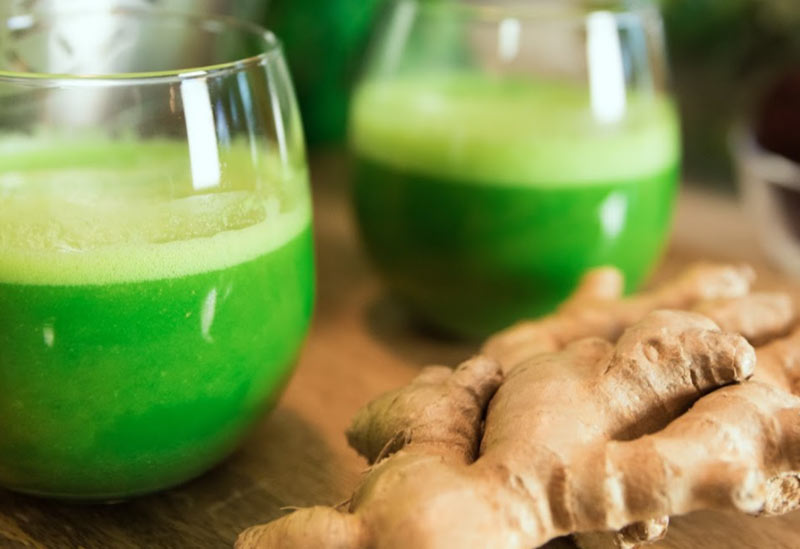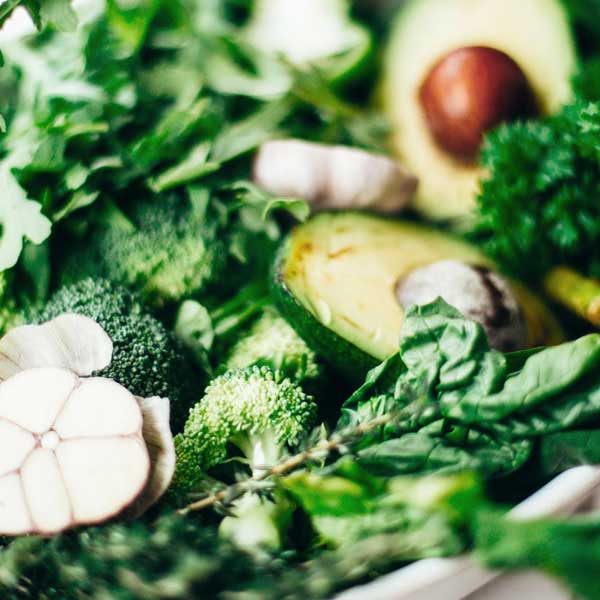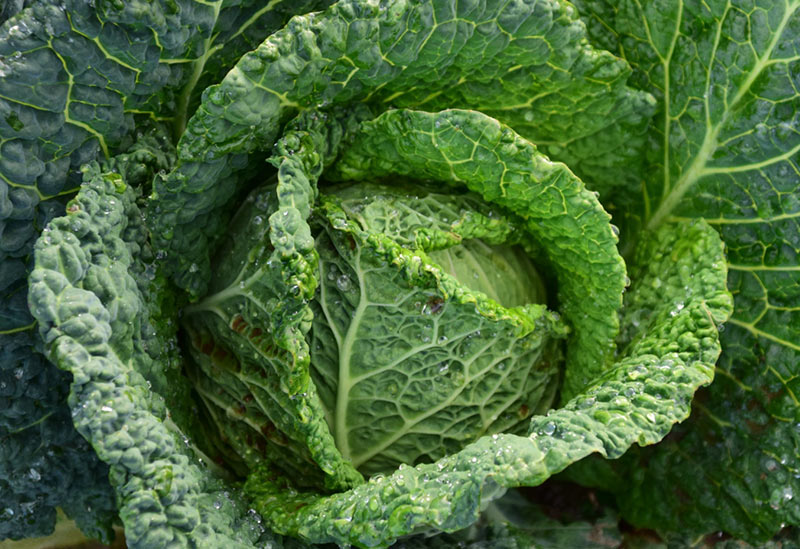NUTRITION
HEALTH EDUCATION INITIATIVE
Enjoy Nutrition knowledge below and enter your email to watch the webinar replay of my Nutrition presentation.

Lifestyle is the single most important modifiable factor involved in maintaining overall health.


NUTRITION REVOLUTION
Over the last century we have witnessed the birth and accelerated acceptance of food science, which has become synonymous with processed food.
On top of this biologic disaster, we have seen the advent of pharmaceutical inputs entering our food crops, soils, water, and air systems in the form of pesticides, antifungals, herbicides, and chemical petroleum isolates.
This revolution of food science has ushered in the chronic disease epidemic and fundamentally undermined the biology of the planet on a grand scale.
The solution seems obvious: we need to eat healthy, naturally-occurring, whole foods. And yet, as we turn for guidance to medical science, nutritionists, dieticians, biohackers, or social media, we find an extraordinary array of disparate and often contradictory information, often presented with a religious zeal that suggests absolute knowledge on all fronts.
Fortunately, the last decade has witnessed the birth of extraordinary new technologies that have radically accelerated the sciences of genomics, metabolomics, and proteomics.
In this segment, we are going to try to free ourselves up from diet constructs to allow for a more fluid understanding of the direct and indirect impact of food on our biologic function.
In a moment that human cognition, creativity, and compassion must rise to change our global trajectory at this tipping point of our species, we are going to begin with the gut-brain axis as a point of view on nutrition.


These are stressful times and we are all experiencing moments of heightened anxiety.
When our brains aren’t getting the right amount or types of foods necessary to maintain energy balance, brain function can suffer. This will manifest as emotional and physical exhaustion, poor memory, and mood instability. The foods you eat can make or break your ability to optimize brain function for peak performance in everything you do.
The choices we make in deciding what foods to eat directly impact our brains. Not all calories are created equal.
In the example of the car, poor quality fuel doesn’t burn efficiently. Poor efficiency means energy is lost and goes unused, escaping through the production of unwanted byproducts— such as toxic gasses in exhaust.
The brain operates in the same way. If someone consumes 2000 calories from a poor-quality diet composed of processed sugars and fast foods, they won’t get the same amount of energy as they would if they had consumed the same number of calories in fresh, whole, organic foods.
Even worse, the byproducts of a fast food diet have deleterious effects on every biological process in the brain. The increased toxicity reduces antioxidants, increases tissue-damaging free radicals, and disrupts insulin regulation and electrolyte balance – all of which leads to increased levels of chronic inflammation. The consequences of this will manifest with mood instability, as well as poor memory retention, recall, concentration, critical and creative thinking, and body control.
If you experience a chronic lack of sleep, these deficits in brain function worsen and increase your risk of developing neurodegenerative diseases, such as Alzheimer’s disease. Several studies have demonstrated that a lack of sleep can cause chronic inflammation in the brain and subsequently lead to the accumulation of abnormal proteins associated with many forms of dementia.
Individuals who suffer from neurodegenerative diseases often experience poor sleep. It was once thought poor sleep was the result of the brain disease, but more recent medical literature is suggesting the inability to achieve consistent regular sleep over many years may have come first and played an important role in the development of the neurodegenerative disease.


The good news is you can improve your brain function with a few simple lifestyle modifications that will not only help your brain, but your whole body too.
1.) Hydration
2.) Foods that limit inflammation
3.) Foods that promote brain health
Water is essential for all of the biochemical reactions in the nervous system and is a vital substrate in the conversion of food to energy in neurons. When you are dehydrated, you have trouble concentrating and remembering things. You also can have difficulty performing complex cognitive tasks, such as creative thinking or doing math.
Dehydration can also worsen symptoms of anxiety and lead to panic attacks. When you don’t drink enough water, your body releases the stress hormone, cortisol, and this may lead to an increased heart rate, headaches, fatigue, and light headedness – all of which can trigger or worsen feelings of stress and anxiety.
Drinking water has been found to have a calming effect, probably as a result of preventing and reducing the symptoms associated with anxiety. Several research studies have found that drinking adequate amounts of water helps to improve mood stabilization in moments of high stress. Grabbing a glass of water may be just the stress reliever you need.
Surround your neuronutrition strategy around water intake. Making sure you’re staying hydrated is an important first step. Some resources say that you should drink half your body weight in ounces of water every day (I am about 180lbs, so that is around 90 ounces of water a day). But this estimate is not enough for most active people. The American College of Sports Medicine suggests adding 12 ounces of water to that amount for every 30 minutes of activity. That means if you exercise an hour a day, you need to add 24 ounces of water to your recommended amount.
Foods that limit inflammation are also important for maintaining proper brain function. This fact is probably the result of ingesting foods that provide calories which burn efficiently and don’t produce nasty byproducts.
Foods that limit inflammation are easy to find and taste great. Green leafy vegetables such as spinach, kale, and cabbage contain high levels of antioxidants, vitamins, and minerals. Some medical studies have concluded that consuming one serving a day of green leafy veggies can reduce the risk of developing Alzheimer’s disease and cognitive decline.
Berries are also great sources of antioxidants and vitamins. The pigments in berries, called flavonoids, have been shown to improve memory and concentration. And flavonoids are not unique to berries; any brightly colored fruit or vegetable contains high levels. A good memory cue is to ‘eat the rainbow’ – keep your foods colorful.
Eating healthy doesn’t mean you have to give up all sweets. Dark chocolate is a great source of antioxidants and flavonoids. That doesn’t mean go grab a dark chocolate candy bar and load up. However, just like with all things in life, moderation is key. If you’re going to go for the dark chocolate, it’s recommended to keep it to 20-30 grams a day and look for brands with 70% cacao.
Whole grains, such as brown rice, oats, barley, breads, and some pastas contain high amounts of antioxidants and vitamin E. Some medical studies show vitamin E can improve cerebral blood flow. There are also studies that have demonstrated reduced chronic inflammation and improved memory in individuals who consume whole grains.
One of the most well studied and documented foods that promotes brain health is fatty fish. Fish such as salmon, cod, trout, and sardines contain high levels of omega-3 fatty acids. Our brains contain a high amount of fat. In fact, over 25% of your body’s cholesterol is in the brain. Brain fat is vital for neuron cell wall health and establishing neuronal connections. Brain fat also plays a major role in repair and restoration known as plasticity. If you can’t eat fish, you can get your omega-3 fatty acids in pills or in flax seed.
Another great source of omega-3 fatty acids and antioxidants is nuts and seeds. And for those individuals following a paleo diet plan, nuts and seeds can be a great source of vitamin E. Not only are they tasty, they have the added benefit of being high in protein.
Brain function is controlled by messages sent via chemicals called neurotransmitters.
Serotonin is an important neurotransmitter which helps to regulate our sleep cycle and mood – it’s our de-stressing hormone. People who have low levels of serotonin experience anxiety, depression, aggression, irritability, and insomnia. 90% of our serotonin is produced in the gut by the billions of bacteria that make up our gut microbiome.
Several scientific studies have found that individuals with a healthy gut microbiome have decreased levels of stress, anxiety, and depression and have a generally more positive outlook compared to individuals with altered gut bacteria populations. More recent research is suggesting that our gut microbiome can also play a role in reducing chronic inflammation, regulating glucose and insulin balance, and might even improve cognitive scores in people with dementia.
The health of our gut microbiome is dependent on the foods we eat. The more whole, organic foods we eat, the healthier and more diverse our gut becomes.


